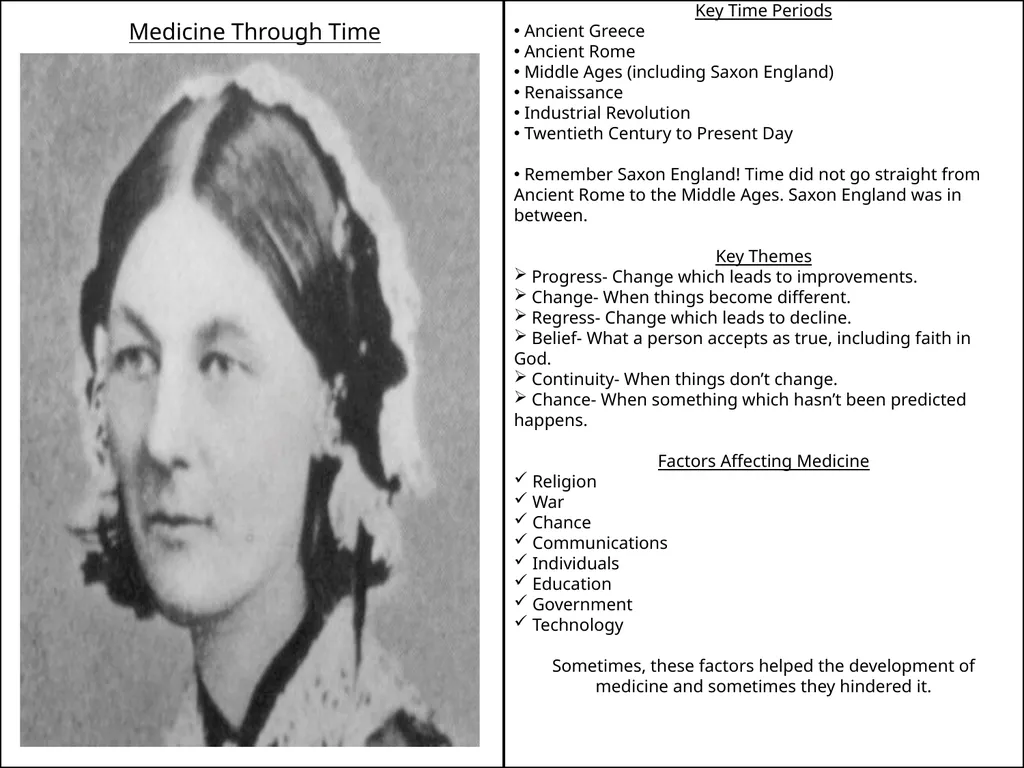
Author : lois-ondreau | Published Date : 2025-08-04
Description: Key Time Periods Ancient Greece Ancient Rome Middle Ages (including Saxon England) Renaissance Industrial Revolution Twentieth Century to Present Day Remember Saxon England! Time did not go straight from Ancient Rome to the Middle Ages.Download Presentation The PPT/PDF document "" is the property of its rightful owner. Permission is granted to download and print the materials on this website for personal, non-commercial use only, and to display it on your personal computer provided you do not modify the materials and that you retain all copyright notices contained in the materials. By downloading content from our website, you accept the terms of this agreement.
Here is the link to download the presentation.
"Key Time Periods Ancient Greece Ancient Rome"The content belongs to its owner. You may download and print it for personal use, without modification, and keep all copyright notices. By downloading, you agree to these terms.













